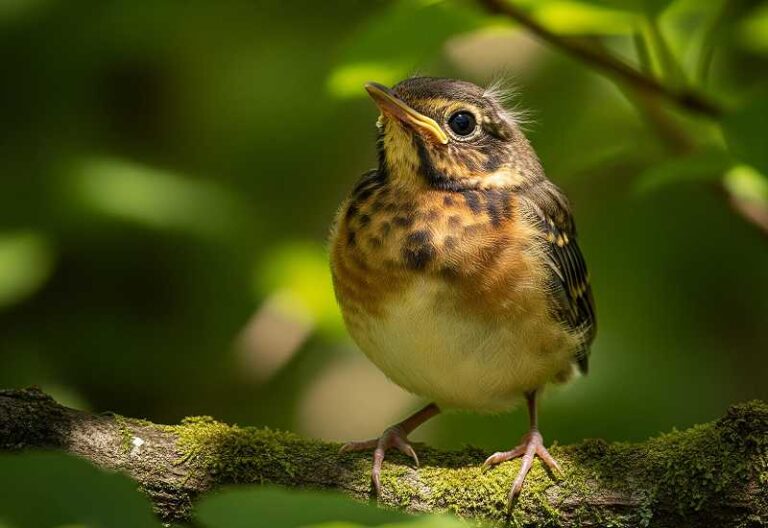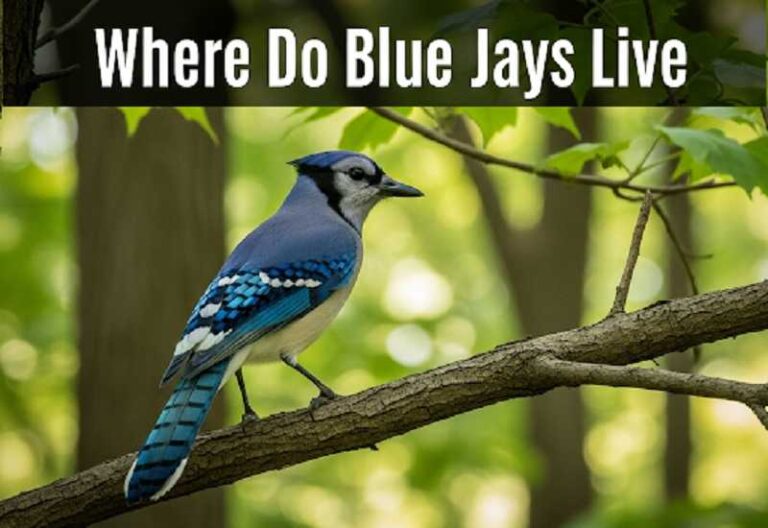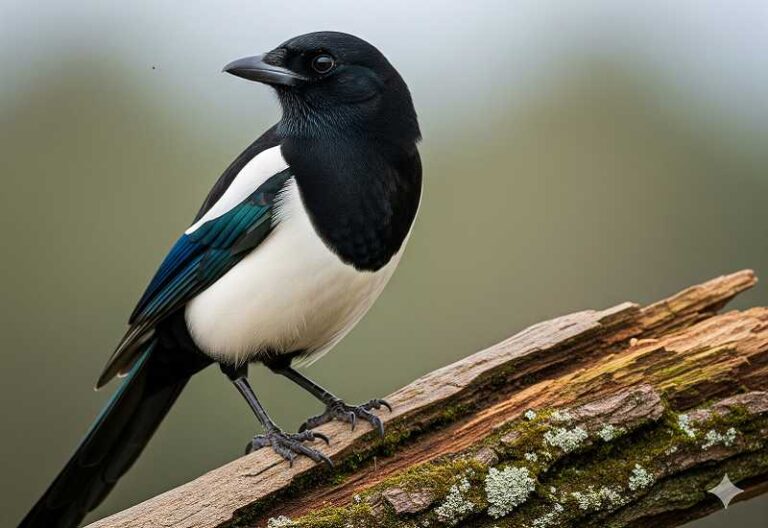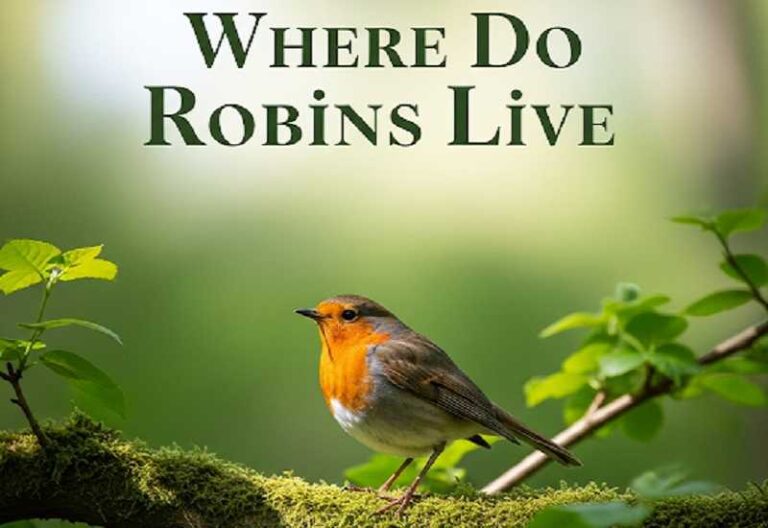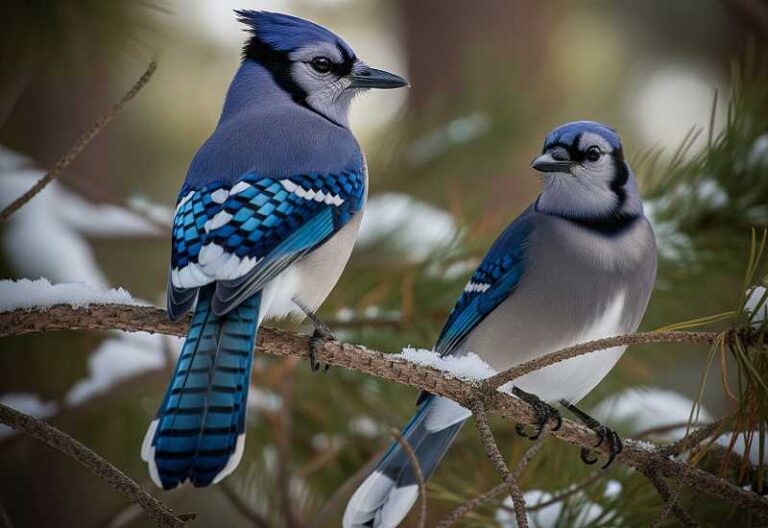What Do Magpies Eat?
Magpies are clever, curious birds that you’ll often spot hopping around gardens, fields, and even busy city streets. With their striking black-and-white feathers and cheeky personalities, they’re hard to miss. But one of the most interesting things about magpies is their diet. These birds aren’t picky at all – in fact, they’ll eat just about anything they can find.
Let’s take a closer look at what magpies eat in the wild, around our homes, and how their diet changes through the seasons.
A True Omnivore
Magpies eat all kinds of food. They don’t just stick to plants or only animals – they enjoy both. What they eat really depends on what’s around. This makes them great at living almost anywhere, whether it’s the countryside, a busy town, or even the middle of a city.
Their diet can be divided into three main categories:
- Insects and small animals
- Fruits, seeds, and plants
- Human food scraps
Insects and Small Animals
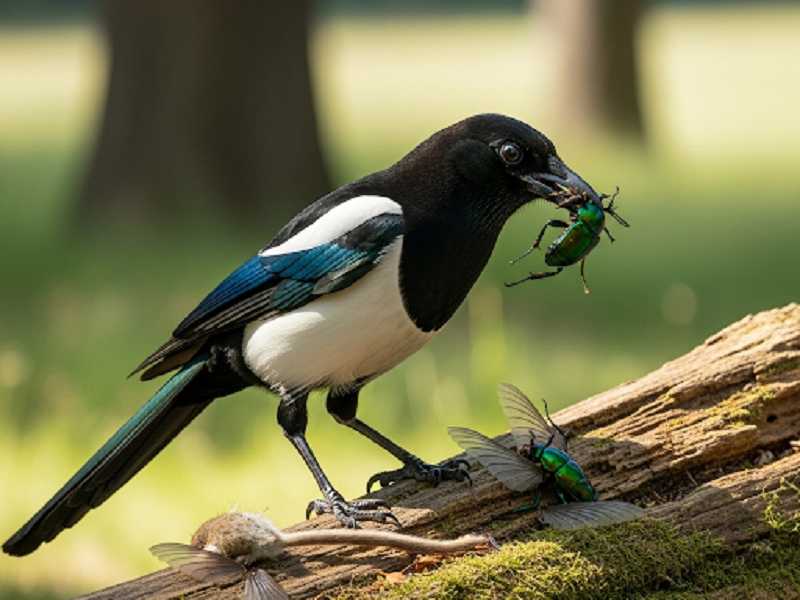
A large part of a magpie’s diet comes from protein-rich foods. They’ll happily hunt for insects like beetles, caterpillars, flies, and grasshoppers. In the warmer months, when bugs are easy to find, magpies spend a lot of time digging in soil or pecking around lawns looking for them.
Magpies are also known to eat:
- Worms and snails
- Small mammals like mice or voles
- Frogs or tiny reptiles
- Young birds or eggs (though this makes them unpopular with other bird lovers)
While this might sound a bit ruthless, it’s part of their survival. Magpies don’t usually target healthy adult birds but may take eggs or chicks if the opportunity arises. In nature, many predators do this, so magpies are simply following their instincts.
Fruits, Seeds, and Plants
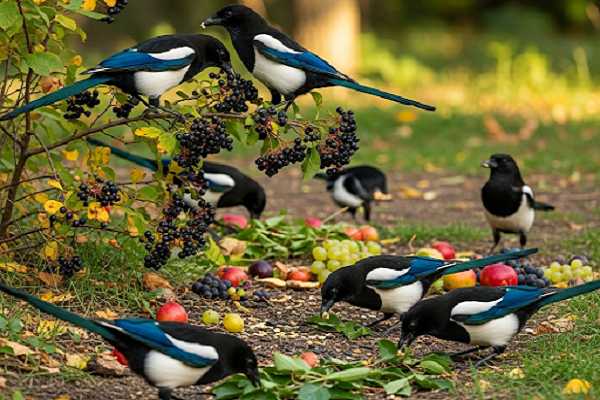
Magpies don’t just rely on meat. They also enjoy a good helping of fruits, berries, and seeds. In autumn, when trees and bushes are loaded with berries, magpies feast on:
- Blackberries
- Elderberries
- Hawthorn berries
- Apples or pears (if they can reach them)
Seeds and grains also make up part of their diet, especially during the colder months when insects are harder to find. They’ll peck at leftover grain in fields or bird feeders, and they won’t turn down nuts either.
This mix of meat and plants keeps magpies strong and healthy all year round.
Human Food Scraps
Because magpies are so adaptable, they’ve learned to live alongside people. In towns and cities, it’s common to see them picking through bins, scavenging chips at the park, or grabbing crumbs from outdoor cafés.
Some of their favorite “human” foods include:
- Bread
- Leftover meat or fat
- Pet food left outside
- Biscuits, chips, or fast-food scraps
While it might be fun to feed them now and then, it’s important to remember that too much processed food isn’t good for them. Like us, magpies stay healthiest on a natural diet of insects, fruit, and seeds.
Seasonal Eating Habits
Magpies adjust their diet depending on the time of year:
- Spring – They eat lots of insects, worms, and sometimes eggs to fuel the breeding season.
- Summer – Insects and small animals are everywhere, so protein makes up much of their diet.
- Autumn – Berries, nuts, and grains are plentiful, so they stock up on these before winter.
- Winter – Food is scarcer, so magpies scavenge more often and may rely on leftovers from humans.
This flexibility is one reason why magpies thrive in so many different environments.
Feeding Magpies in Your Garden
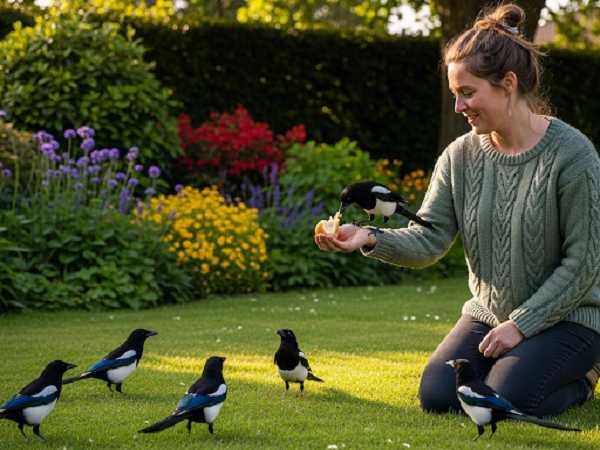
If you’d like to encourage magpies to visit your garden, you can put out food, but do it thoughtfully. Good options include:
- Raw peanuts (unsalted)
- Mealworms
- Fresh fruit pieces
- Fat balls made for birds
It’s best to avoid giving them bread or salty foods, as these don’t offer much nutrition. Providing fresh water is also helpful, especially in hot or freezing weather.
The Myth of the “Shiny Thief”
When talking about magpies and food, it’s hard not to mention their reputation for stealing shiny objects. While magpies are indeed curious birds, research shows they aren’t especially obsessed with shiny things. In fact, they’re more interested in food than jewellery or coins. So if something goes missing in your garden, chances are it wasn’t a magpie!
Final Thoughts
Magpies do well because they eat a mix of everything. From bugs and berries to scraps we leave behind, they’ll take what they can get. Some call them sneaky, but they’re just smart birds finding food.
So, the next time you see a magpie hopping across your lawn or swooping down near a picnic spot, you’ll know exactly what it’s looking for – a tasty bite, whatever form it comes in.
Read Also About Interesting Facts About Magpies
FAQs
Do magpies only eat meat?
No, not at all. Magpies eat both plants and animals. They enjoy insects, worms, and small animals, but they also eat fruits, seeds, and grains.
Do magpies really steal eggs from other birds?
Yes, sometimes. Magpies may take eggs or chicks if they find them, but it’s not their main food. Most of the time they prefer insects, fruit, and scraps.
Can I feed magpies in my garden?
Yes, you can. The best foods are peanuts, mealworms, fresh fruit, or bird fat balls. Try to avoid giving them bread or salty food.
Do magpies eat human food?
Yes, they do. Magpies are great scavengers and will happily eat chips, bread, or pet food. But natural foods are healthier for them.
Why do magpies sometimes dig in the ground?
They’re usually looking for worms, grubs, or insects hidden in the soil. It’s one of their favorite hunting tricks.
Rus Camelia is the founder of Animalsplanet.org and the creative force behind it. She has always loved animals and stories, and that love shows in the way she creates names. For Rus, naming is more than just picking words. It’s about giving something a little personality and meaning. She gets her ideas from nature, myths, and her imagination, which helps her create memorable and unique names. Whether it’s for a pet bird or a character in a story, Rus puts care into every name she creates. That’s why so many people come to Animalsplanet.org for names that feel thoughtful, fun, and full of life.


